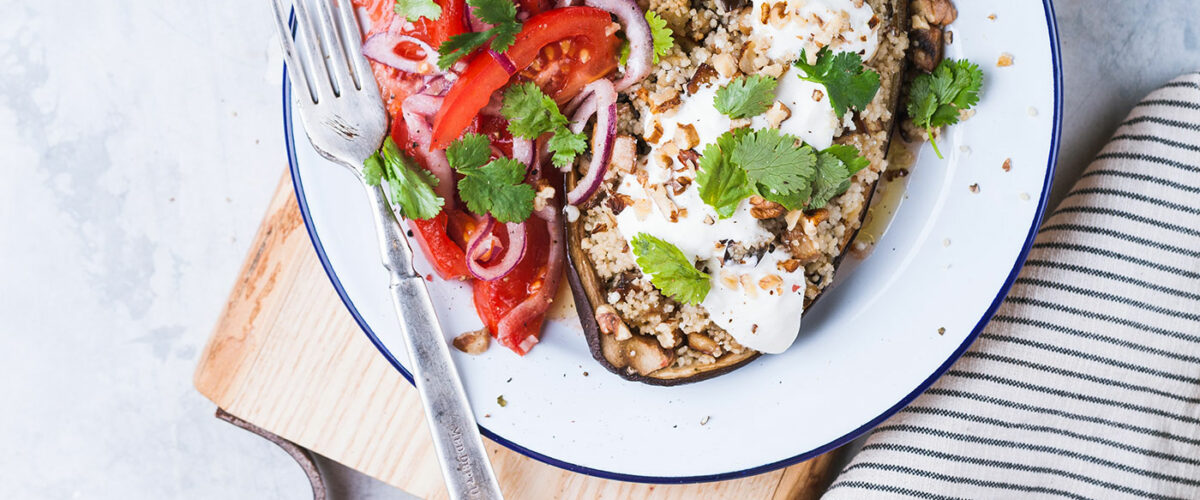Vegan diets are rich in fibre, vitamin C and folate (thanks to all that fruit and veg), but you may be lacking in a number of other vitamins and minerals. Vitamin B12 is a good example. We need it for healthy red blood cells and nerve function, but because it’s typically found in animal foods like eggs, milk and cheese, full-time vegans need to include fortified breakfast cereals and soya products, and possibly consider taking a B12 supplement (look for one that supplies 10 micrograms daily).
Another nutrient to be aware of is vitamin D. Much of our vitamin D is metabolised via sunlight on the skin, but you can also obtain it from fortified vegan spreads and soya milk. Some vegans choose to supplement with vitamin D, especially during the winter months when sunshine is in short supply. When choosing a supplement, aim for 10 micrograms daily and remember, some forms of vitamin D supplement are not vegan, and some are thought to be more bio-available and therefore more effective. Vitamin D in the form of D2 is suitable for vegans, but vitamin D3 may not be, so look for a vitamin D3 product that is derived from lichen, which is suitable for vegans.
Breakfast is key to starting the day in a balanced way, so whatever you do, don’t be a breakfast skipper as missing your first meal of the day sets you off on a blood sugar roller-coaster, which means you’ll end up choosing the wrong foods later in the day. Remember, breakfast makes an important contribution towards your daily intake and it plays a key role in maintaining a healthy weight.
Although vegan diets are generally low in saturated fat, as a full-time vegan you may be missing out on the potent forms of heart-friendly omega-3 fats, known as EPA and DHA. We typically get these from fish and seafood, although sea vegetables such as kelp and certain micro-algae supplements can make a useful contribution. It’s also a good idea to include plenty of nuts, seeds and their oils especially walnut, flaxseed, hemp and rapeseed.


